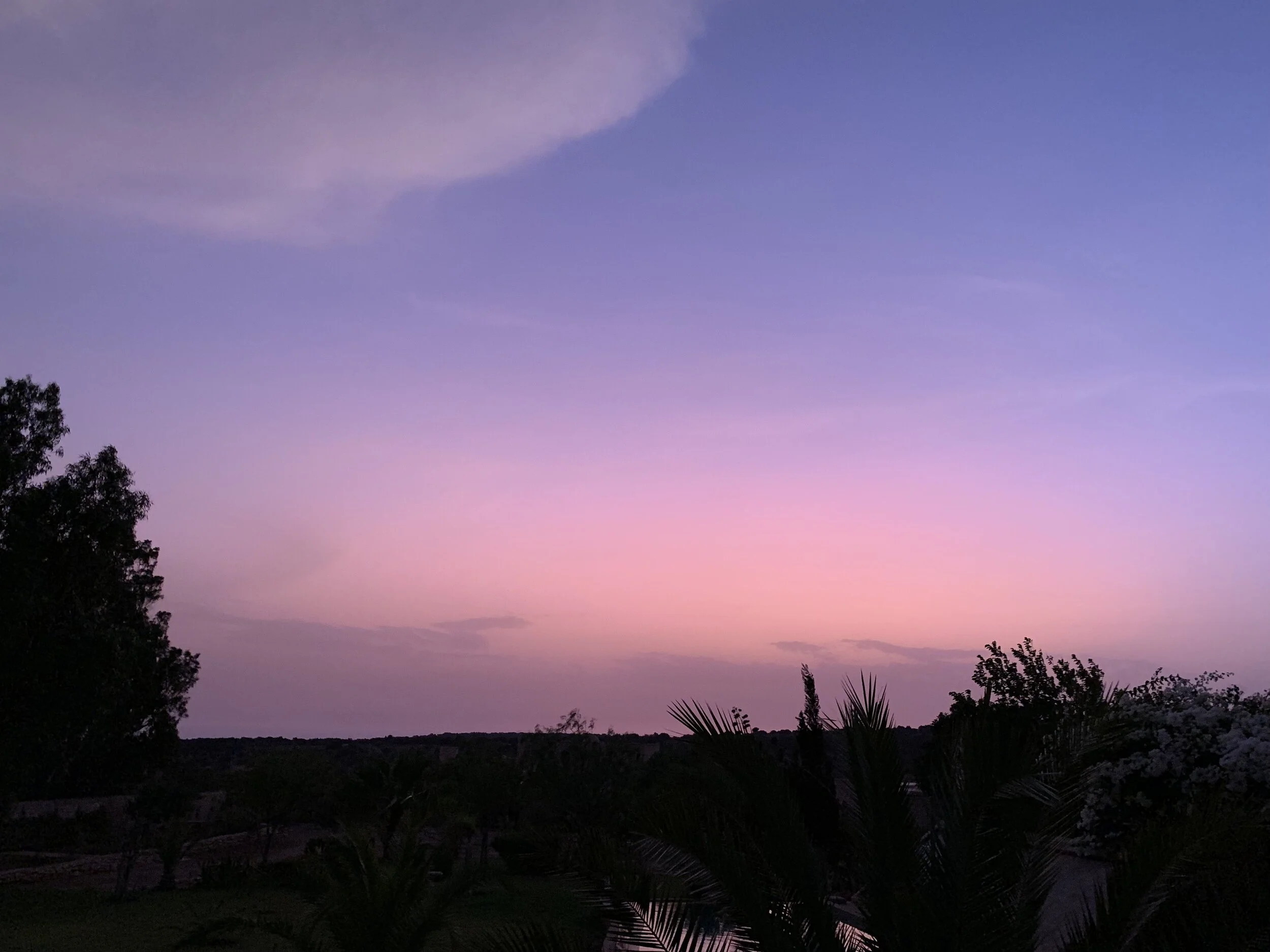Public health and emergency management experts are sounding the alarm that the twin risks of the annual hurricane season and the COVID-19 pandemic are likely to overlap in the coming weeks and months.
"The ways to mitigate both risks are in many respects in contradiction. We mitigate COVID by keeping people apart, and you mitigate the risk of hurricanes by moving people typically into close, confined spaces, and that makes things quite difficult," said Dr. Sandro Galea, dean of the Boston University School of Public Health. "The worry is that we will be unsuccessful in dealing with both of them," Galea continued. "Trying to move people away from hurricanes we will make COVID worse, or being worried about COVID means that people won't move away from hurricanes."
